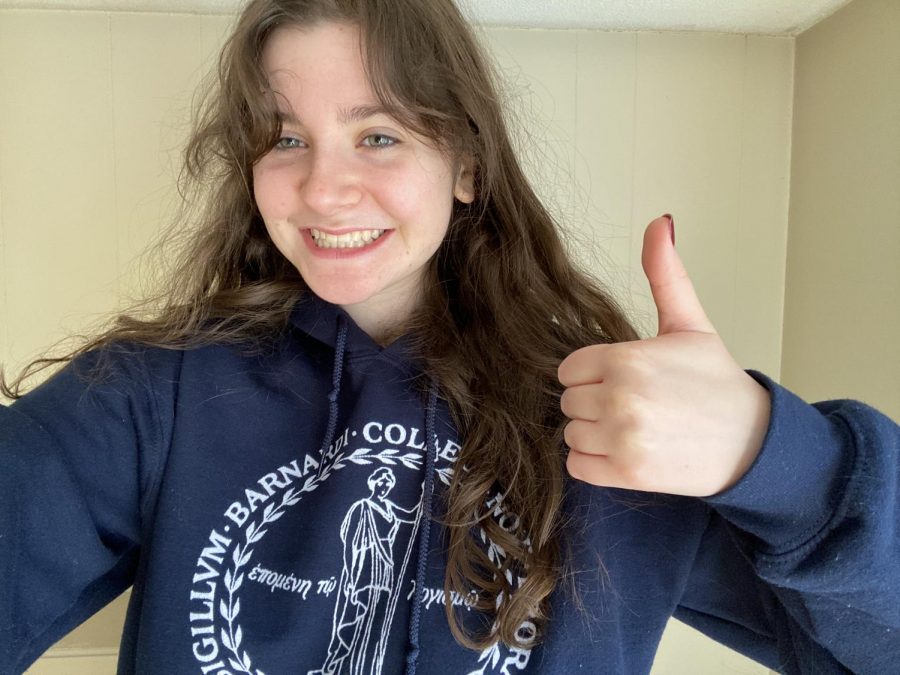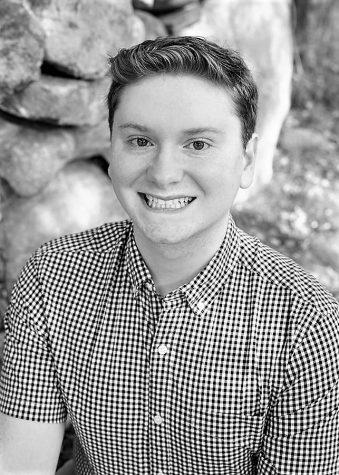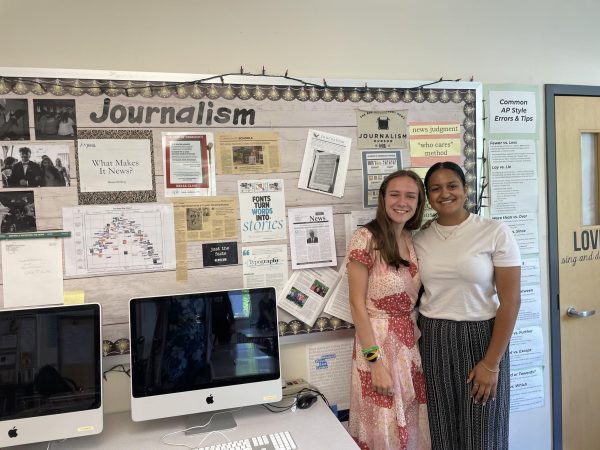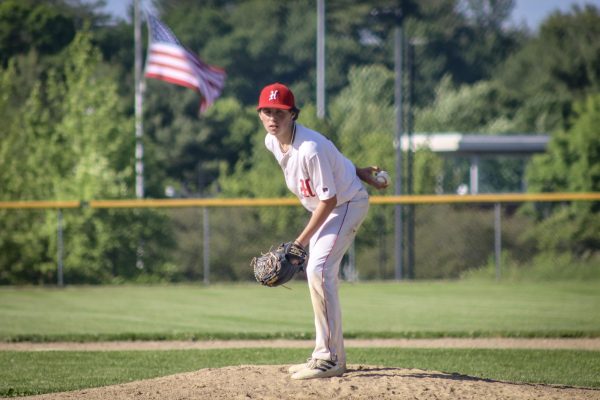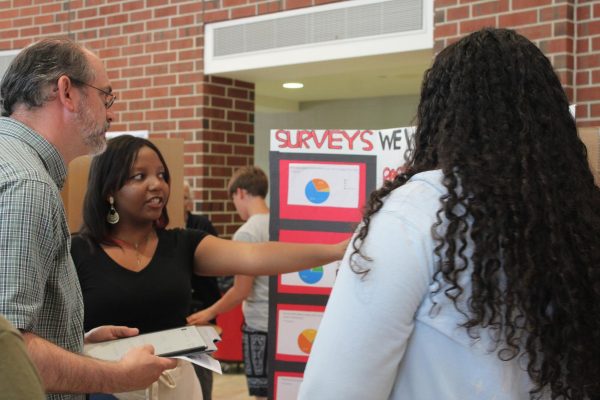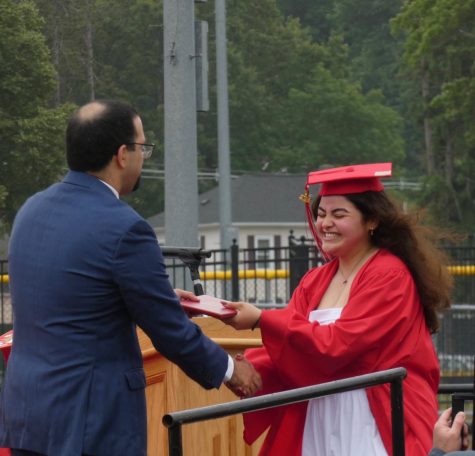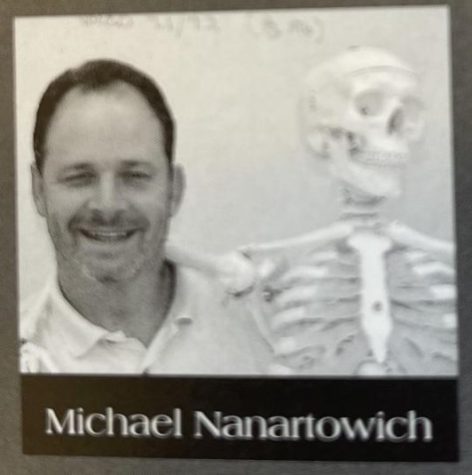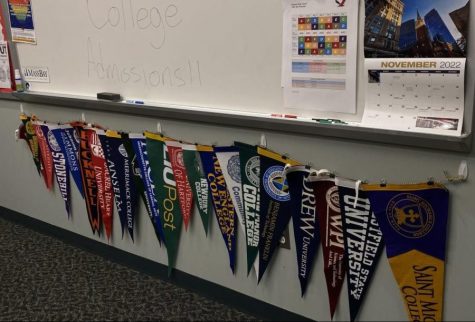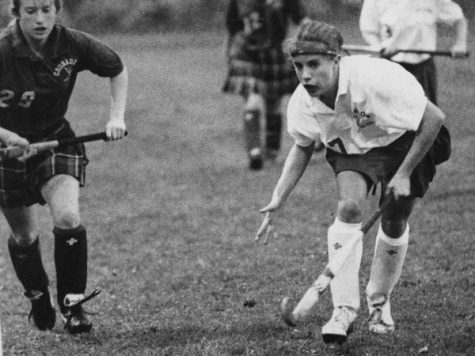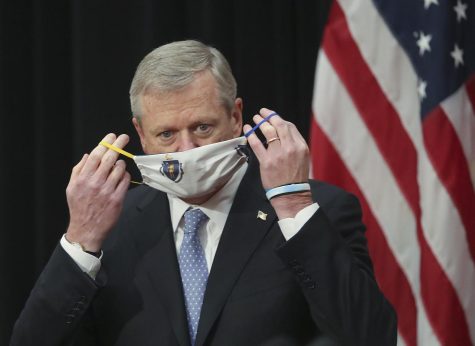The Decision They Envisioned
May 3, 2021
As students open confetti-filled emails awaiting their acceptances to their future colleges, three students received confirmation of their college acceptances months ago.
Gianna Devenney, Emily Genova and Amanda Howe were accepted into their first-choice colleges via Early Decision programs: a restrictive, binding application that admits the most committed student applicants in mid-December rather than mid-April.
Some colleges and universities admit up to half of their incoming class through Early Decision, knowing these applicants view the institution as their first choice.
“You’re able to get into a school earlier, and you’ll find out earlier,” said Devenney, who will be attending Barnard College in the fall.
“It was a great fit on paper and in person,” said Howe in regards to her enrollment to the University of Hartford. “It’s a relief early on in your senior year.”
“I have one school I like more than the rest… so I decided to put all my eggs in one basket,” said Genova, who committed to studying at New York University.
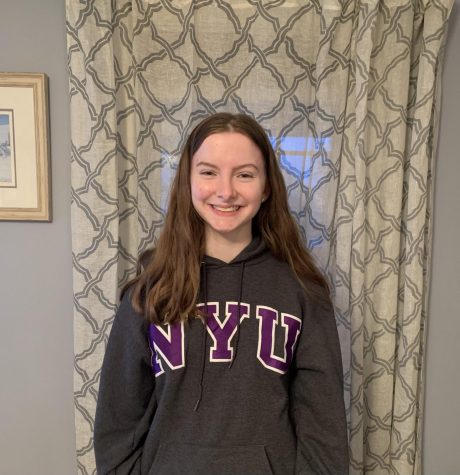
Given the restrictive nature of Early Decision, these students signed agreements that ensured their matriculation upon receiving acceptance into their respective programs.
“It scared my mom a lot,” added Devenney, recognizing the financial commitment and risk that goes along with applying to a single school.
“The second I sent [the application] in… I was less stressed,” said Genova, noting that she indeed felt stressed during the fall months preparing her application and supplemental essays to better describe her interests and reasons for applying.
Some applicants believe that Early Decision students are less likely to receive high merit scholarships and need-based aid than Regular Decision applicants, but the interviewed students quickly denied this.
“It’s… not true in all cases. I still got a merit scholarship” Howe said. On the other hand, she added that “the application process is just the beginning. Scholarships, deposits, housing applications, etc. all start to pile up after that is done.”
“My stress didn’t go away until I got my decision back,” Genova said. “You have to convince yourself if you get in, you’re going.”
Devenney recalled several “flashes of uncertainty” in November before receiving her admissions decision. Still, she was determined. “I see myself at Barnard. I can only see myself going here.”
Upon receiving their letters of acceptance, each student felt bittersweet the college application process had come to an early end. Much of the agony their peers would face over making a final decision would not end until May 1, known as National Decision Day in which most students have committed to a college.
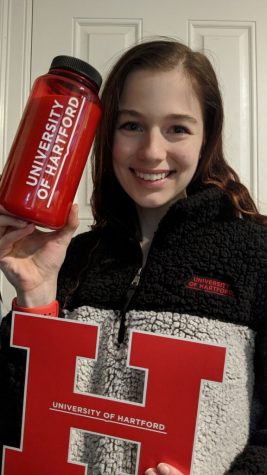
“A part of me is selfishly very happy I have the weight of that choice off of my shoulders, but I understand the struggles,” Howe said.
“We want to be there for our friends,” Devenney said, but she conceded that Early Decision students are put in an awkward position. “Sometimes I’ll hold back in conversations because I know the position I’m in.”
Genova cited times where she had “nothing helpful to add” as her friends struggled to complete the application process and choose their future colleges.
All three students were able to tour their respective colleges prior to applying, providing them a huge boost of confidence and motivation.
“There was no opportunity to tour other places,” Howe said, “so I wanted to commit to something I knew was a good fit.”
“Tour the campus if you can,” Devenney said. “You’ll be able to feel the campus vibe.”
“Don’t be stressed out if you go but don’t get your ‘magical moment,’” Genova said.
Devenney emphasized this reality. “Excitement is different for everyone.”
Howe recommends Early Decision to future students that have a “direction” or “are serious about a school and profession.”
“Early Decision is a commitment,” Devenney said, “so trust your judgment. Don’t go down the ‘rabbit hole’ of College Confidential or Google.”
“Don’t not look at colleges outside of your comfort zone,” Genova said. “Push yourself.”
Devenney, Howe, and Genova were all very pleased with their choice to apply through Early Decision. Devenney and Genova plan to enter college with undeclared majors, while Howe has committed to a six-year Doctorate of Physical Therapy program.
Genova concluded, “If you spend enough time on it, you won’t regret your decision.”
